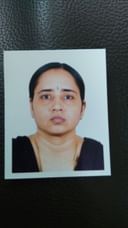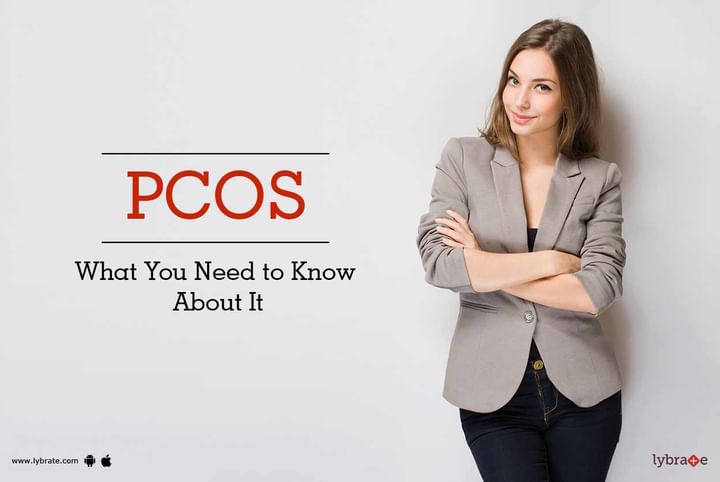PCOS: What You Need to Know About It
PCOS or polycystic ovary syndrome is an endocrine disorder in women, in which the female hormones, progesterone and estrogen, are imbalanced. This imbalance leads to the formation of cysts (benign masses) in the ovaries. PCOS tends to affect your heart functions, fertility, menstrual cycle and appearance.
There are certain symptoms, which can be indicative of PCOS; these symptoms tend to begin as a woman's menstrual cycle starts. In certain cases, however, PCOS may also affect a woman in her mid age. PCOS can also cause excessive hair growth in unwanted places like above the upper lip,chin,arms and chest like a male.
The symptoms are:
- Increase in the production of male hormone, leads to development of male characteristics
- The size of the breasts may reduce
- The tone and the texture of the voice may change and become similar to a man's voice
- Hair may start to fall
- You may suffer from acne and pimple breakouts on your face
- It can lead to sudden weight gain
- It may affect a woman's fertility
- It may lead to pain in the pelvis
Other symptoms: Apart from these symptoms, a woman may also experience other health complications such as high levels of bad cholesterol, high blood pressure and diabetes.
Causes: The causes of PCOS are not well known, however, the likely causes are genetics and hormonal complications. If someone in the family has PCOS, then the risk of being affected by PCOS rises significantly. The other likely cause is the overproduction of the male hormone androgen in the female body. Although androgen is a male hormone, the female body also produces it in trace amounts. However, in some cases, when it is overproduced, it might impair the ovulation process.
Diagnosis and Treatment: Once the condition is diagnosed, there are certain treatments, which are recommended for the patient. The condition in itself does not have a cure, but the symptoms can only be controlled. Medications to control the androgen levels in the female body may be administered if you have androgen hormone complication. A balanced diet and an exercise regimen can be chalked out to control body weight and regulate blood sugar levels. If PCOS leads to ovulation problems, then medications to facilitate ovulation may be advised.



+1.svg)
